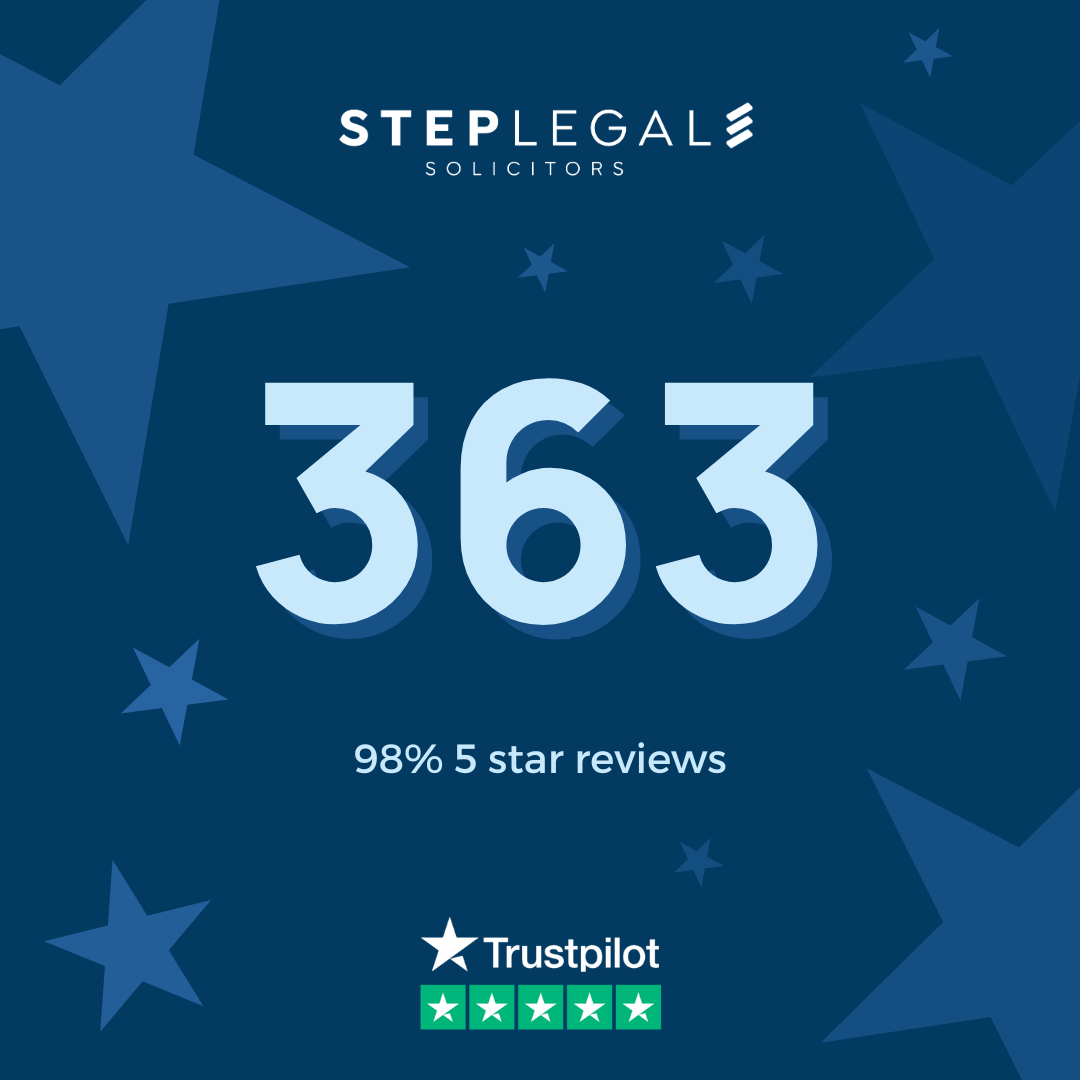
Remortgaging: A Guide For Homeowners Trying To Ease The Cost-Of-Living Squeeze
Everybody’s finances are under pressure at the moment. Energy prices are going up, the weekly food shop is getting more expensive and interest rates are expected to continue to rise. People are having to tighten their belts and look for ways to reduce their outgoings, and for homeowners one possible way of doing this may be through a remortgage.
But what does this involve, and do you need to appoint a solicitor? Olivia Hargreaves, head of our residential conveyancing and remortgaging team, explains all in this short Q & A blog.
What is remortgaging?
Remortgaging is where you take out a new mortgage on your current home or another property that you own, such as a buy-to-let or a holiday rental. The mortgage will be with a new lender, and is not the same as switching mortgages with your existing lender (which is known as a ‘product transfer’).
What is remortgaging used for?
Most people choose to remortgage because they discover, by shopping around, that they can get a better deal with another lender which will either lower their monthly repayments or enable them to settle what they owe over a shorter or longer term. However, remortgaging can also be used to fund home improvements or the purchase of high-value goods, such as a family car or a caravan.
In our experience, people tend to look at the option of remortgaging when:
- They are about to come out of a fixed rate, tracker or discount mortgage and their current lender is proposing to move them onto a higher standard variable rate;
- They are worried about possible mortgage rate rises and want to get onto a fixed rate deal to ensure their monthly payments remain static for the next two to five years;
- Their current mortgage does not allow them to take a payment holiday and they want to move to a new mortgage that does, just in case their circumstances change;
- Their home has increased significantly in value since their original mortgage was taken out, which may unlock the ability to access lower rate products because of the fall in the loan-to-value ratio; or
- They need to make an expensive purchase and cannot access a non-secured loan to fund this, perhaps because of a poor credit rating.
How does remortgaging work?
If your intention is to replace your current mortgage with a new mortgage, then what will happen is that your new mortgage will simply be used to pay off what you owe on your old mortgage. In contrast, where you are using a remortgage to raise additional funds, any money received will be paid over to you to use in accordance with the mortgage terms.
In either case, your new mortgage will be secured against your home – which means that if you fail to make the repayments due, there is a risk that your home may be repossessed and sold. Where you take out a new mortgage to fund a purchase, you will obviously then have two mortgages to pay and therefore double the risk of losing your home if things go wrong.
Do you need a solicitor to help you remortgage?
You must appoint a solicitor to deal with your remortgage, and preferably one approved by your lender as this will avoid the need for a second lawyer to be appointed to act on their behalf, i.e. one lawyer can deal with the matter for both you and your mortgage provider.
The role of a solicitor in the remortgaging process can be split into three distinct parts.
Firstly, they will ensure that the terms of your new mortgage are satisfactory and do not impose any unusual or unduly onerous obligations on you. They will also ensure that, in as far as any existing mortgage is concerned, you are fully aware of any early repayment or exit fees that you will have to pay to redeem that mortgage before expiry of the agreed term.
Secondly, they will ensure that your property is ok from a legal perspective, so that your new lender has peace of mind that they have good security for the money that they are being asked to loan you.
And thirdly, they will attend to the legal formalities needed to complete your remortgage, pay off your existing loan (where relevant) and register your new mortgage with the Land Registry.
How we can help
Our conveyancing lawyers specialise in residential remortgaging work and are on the solicitors panel of most high street and mainstream lenders. We offer a fast and efficient service from our offices in Crewe and Stoke-on-Trent, and for a competitively priced fixed fee – which you can gauge in advance of instructing us by using our online costs calculator.
For members of the local Polish community, we also offer a free translation service.
To find out more, please contact us now on 0800 195 6412.
WARNING: YOU SHOULD ALWAYS TAKE INDEPENDENT FINANCIAL ADVICE BEFORE AGREEING TO A REMORTGAGE TO ENSURE THAT IT IS THE RIGHT OPTION FOR YOU, GIVEN YOUR OWN PERSONAL CIRCUMSTANCES.
















